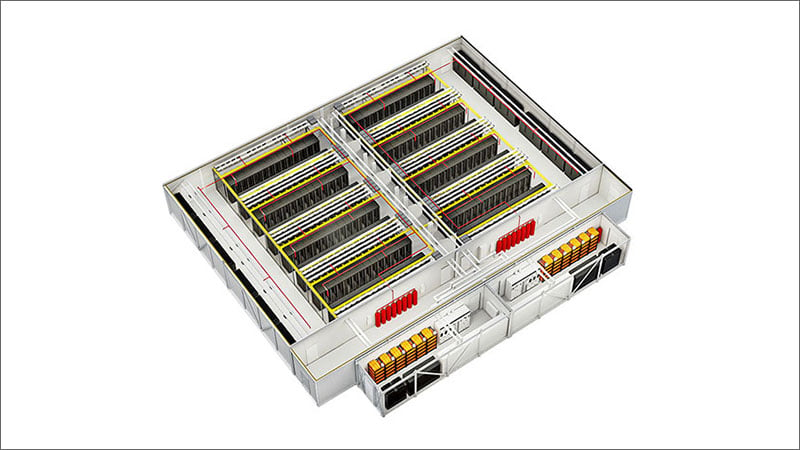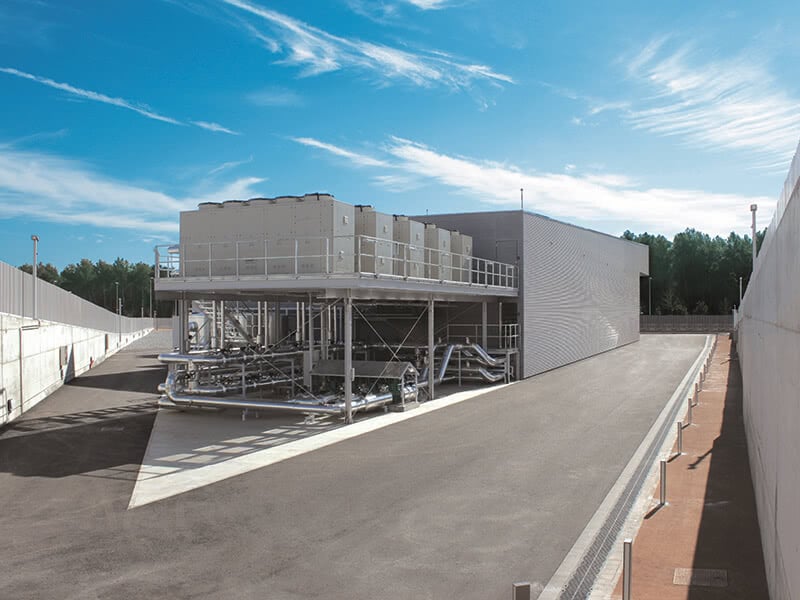Technology has evolved so much that we can now be connected online 24/7, whether it be through video conferences, voice calls, streaming movies, or listening to our favorite playlists. This growing dependence has led to a high demand for data center services, ensuring that all devices are connected, and data is transferred smoothly.
Based on the twelfth annual survey conducted by the UpTime Institute, the industry is growing dynamically and becoming increasingly resilient.
Modular data center construction has surfaced as a option to this challenge. This method involves assembling prefabricated modules on-site, enabling swift implementation, scalability, flexibility and adaptability.
Advantages of Modular Construction
The modular construction of data centers enables a swift response to companies' demands for data storage capacity and information processing. Moreover, this approach also curbs construction and maintenance costs as the modules are designed to be energy-efficient and require less space. As per the report Data Center Market in Latin America, the operational expenditure for a modular data center is about 30% lower than that of conventional physical facilities.
Another advantage is that it provides greater flexibility in the design and configuration of data centers, as they can be customized according to specific needs. In terms of scalability, modular construction allows for the easy addition of new modules to expand the capacity of data centers.
Differences between a modular data center and a traditional one
One of the most prominent differences between a modular data center and a traditional one is the deployment time. The former is built faster, which represents around a 30% saving in implementation time.
At the same time, while the modular data center is being built, the rest of the activities, such as site selection, construction of mounting slabs, and perimeter security, can be developed in parallel, shortening the start-up time of the data center.
In terms of application, the modules are dedicated 100% to data processing and have monitoring systems to provide real-time updates to data center personnel.
In this context, Ingenium, in partnership with Vertiv, seeks to complement its technologies and knowledge to offer alternatives that facilitate the growth and expansion of mission-critical centers. While traditional constructions still occupy most of the projects in Latin America, the industry can consider modular data centers as a new path for optimizing processes.
Vertiv's customized modular solutions offer low-risk and high-value implementation, quick delivery and simpler on-site assembly. Learn more here.






